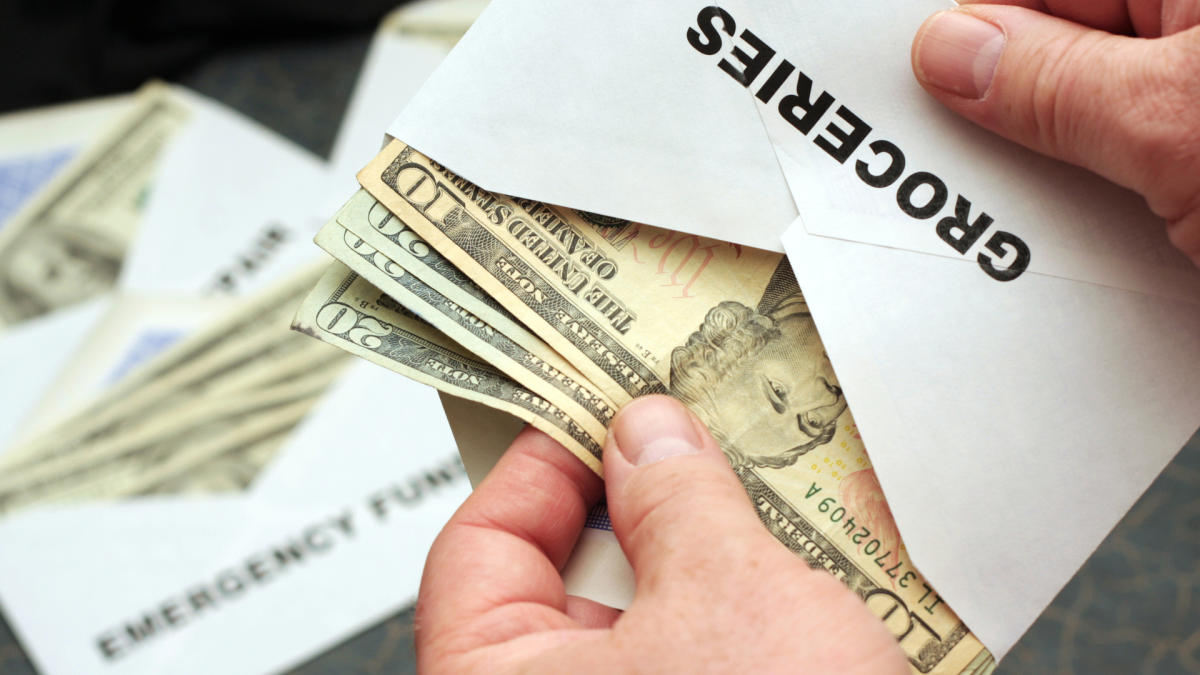A Pew Research study found that 46% of Americans didn’t have at least a fair amount of knowledge of personal finances. Unfortunately, lacking financial literacy can put you at risk of taking on too much debt, not having enough for retirement and being unable to cover expenses.
Explore Next: I’m a Financial Advisor: My Wealthiest Clients All Do These 3 Things
Advertisement: High Yield Savings Offers
Powered by Money.com – Yahoo may earn commission from the links above.
Check Out: 4 Affordable Car Brands You Won’t Regret Buying in 2025
In a YouTube video, money expert George Kamel reacted to this study’s findings and gave straightforward advice on handling five essential money tasks that many American adults struggle with. Learn how to boost your skills in these popular weak areas.
The Pew study noted that 25% of Americans didn’t feel very or extremely confident about getting their credit reports. While lenders and others may pull these reports to make important decisions based on your creditworthiness, you should also check them at least annually to spot errors or account issues and see where you stand with your debt.
Trending Now: Fidelity Says This Is a Surprising Risk of Holding Too Much Cash — Do You Have Too Much?
Getting your credit report is easy, and you can do it weekly for free. While you could go directly to each credit bureau’s website, Kamel encouraged using AnnualCreditReport.com to get them all more conveniently. You’ll just need to provide some information to verify your identity. If you see any errors, contact your creditors and consider disputing them with the credit bureaus.
An estimated 41% of Pew study respondents weren’t very or extremely confident with budgeting. Not knowing where your money is going every month puts you at risk of overspending and not leaving some cash for your goals.
Kamel explained how to make a simple budget, starting with writing down your total monthly income and all expected monthly expenses (including giving and saving). You’ll then calculate what’s left of your income after those expenses, which Kamel said should be $0 based on his preferred zero-based budgeting method. But the same doesn’t apply to your bank account balance.
“It’s wise to keep a buffer of at least $100 bucks or more in your checking account,” Kamel said. Once you’ve got your budget, start tracking expenses to make sure you’re sticking to your plan.
A report from the Federal Reserve Bank of New York mentioned that U.S. households owed a total of $18.2 trillion in debt. Especially for the 43% of Americans lacking confidence in paying down debt, the monthly payments, interest and lost opportunities to invest make it hard to get ahead.
Story Continues
Kamel highlighted the simple debt snowball method as a good way to start. First, order all your debt balances from the smallest to largest. Next, while you’re paying the minimums on everything else, put as much extra cash as possible toward the smallest debt. After you pay it off, focus on your second smallest debt. Keep doing this process as you run down the list.
While this might seem less intuitive than paying off high-interest balances first, Kamel discussed the importance of momentum with the debt snowball approach.
“It gives you some quick wins psychologically to keep you motivated and actually make it across the finish line,” he explained.
Saving money is another important skill that 44% of Pew study respondents weren’t very confident doing. Without regularly setting aside some income, you can run into issues such as taking out debt if an emergency happens or struggling to plan big purchases.
Kamel recommended prioritizing a three-to-six-month emergency fund so that an unexpected expense, like a big home repair, doesn’t throw you financially off track. He said a high-yield savings account is a wise place to put this money and maximize your interest earnings.
Also, consider making a savings plan for vacations, home or car down payments and other large expenses. You can include monthly contributions in your budget and use automatic transfers so you don’t forget to prioritize saving.
The Pew study showed that 73% of Americans lacked confidence in making investment plans. While many people might worry that investing requires taking a lot of risks and understanding complex things, Kamel said a boring approach actually works for building wealth.
He explained that many millionaires, including himself, have gotten rich with basic retirement plans, like IRAs and 401(k) plans. So, he recommended making regular contributions to such accounts after you’ve filled up your emergency fund and become free of consumer debt.
“Start putting 15% of your income into these tax-advantaged accounts each month and then sit back and watch your nest egg grow exponentially over time thanks to compound growth,” Kamel said.
For example, if you invest $1,000 every month over 30 years, you’d have over $1.1 million based on a 7% estimated return, according to Investor.gov’s compound interest calculator.
More From GOBankingRates
This article originally appeared on GOBankingRates.com: 5 Basic Money Skills Many Americans Don’t Know
